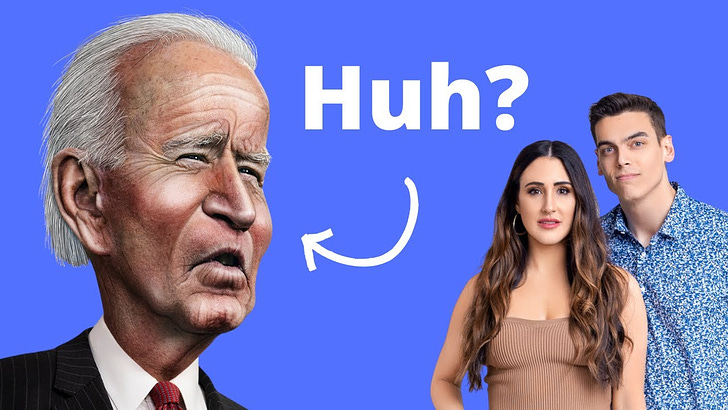Biden’s ‘Billionaire Tax’ Will Hurt Everyday Americans in This Big Way, Tax Expert Warns
President Biden just unveiled a new so-called “billionaire tax” as a part of his budget request for Fiscal Year 2023.
This new tax proposal would apply a 20% “minimum tax” to those worth $100 million that applies not just to their income, but to their “unrealized capital gains”—a fancy way of saying growth in stock investments you own but haven’t sold yet. (Growth in investments is already taxed upon the sale via the normal capital gains tax).
As I explained in a new Washington Examiner column, this plan is absurd and economically illiterate. It would attempt to tax hypothetical non-income (good luck, IRS) and discourage productive investments in the economy (that’s what a “capital gain” is, after all).
But there’s more to the story. Biden might call his plan a “billionaire tax,” but it would hurt everyday Americans in one huge way.
After all, 67% of private-sector workers have access to (stock-based) retirement plans, according to federal data. More broadly, 56% of American adults own stock—that’s 146 million people.
These millions of everyday Americans would all suffer under Biden’s plan, even though it doesn’t directly apply to them.
https://twitter.com/brad_polumbo/status/1508867681285517318
Why?
Well, the tax may only directly apply to those worth more than $100 million. But its impact would be terrible for the stock market and likely force many stock sales, leading values to plummet. As a result, the retirement savings and stock investments of all Americans, not just the rich, would take a beating.
“A tax on stocks can’t be constrained to just rich people who own stocks,” tax expert and Center for a Free Economy President Ryan Ellis told BASEDPolitics. “It will lower the price of all stocks, across the board, for everyone."
“This will also drag down the share price of mutual funds and ETFs [exchange traded funds] which hold these stocks,” he continued. “And that in turn will reduce the size of the 401(k)s, IRAs, 529s, and HSAs which hold these mutual funds and ETFs.”
“It’s a tax hike aimed at the wealthy,” Ellis concluded, “but it’s the middle class who will actually suffer the most (as usual).”
So, don’t fall for the Biden administration’s misleading rhetoric about how it only wants to “tax the rich.” If the president’s hair-brained “billionaire tax” ever becomes law, we’ll all pay the price.


